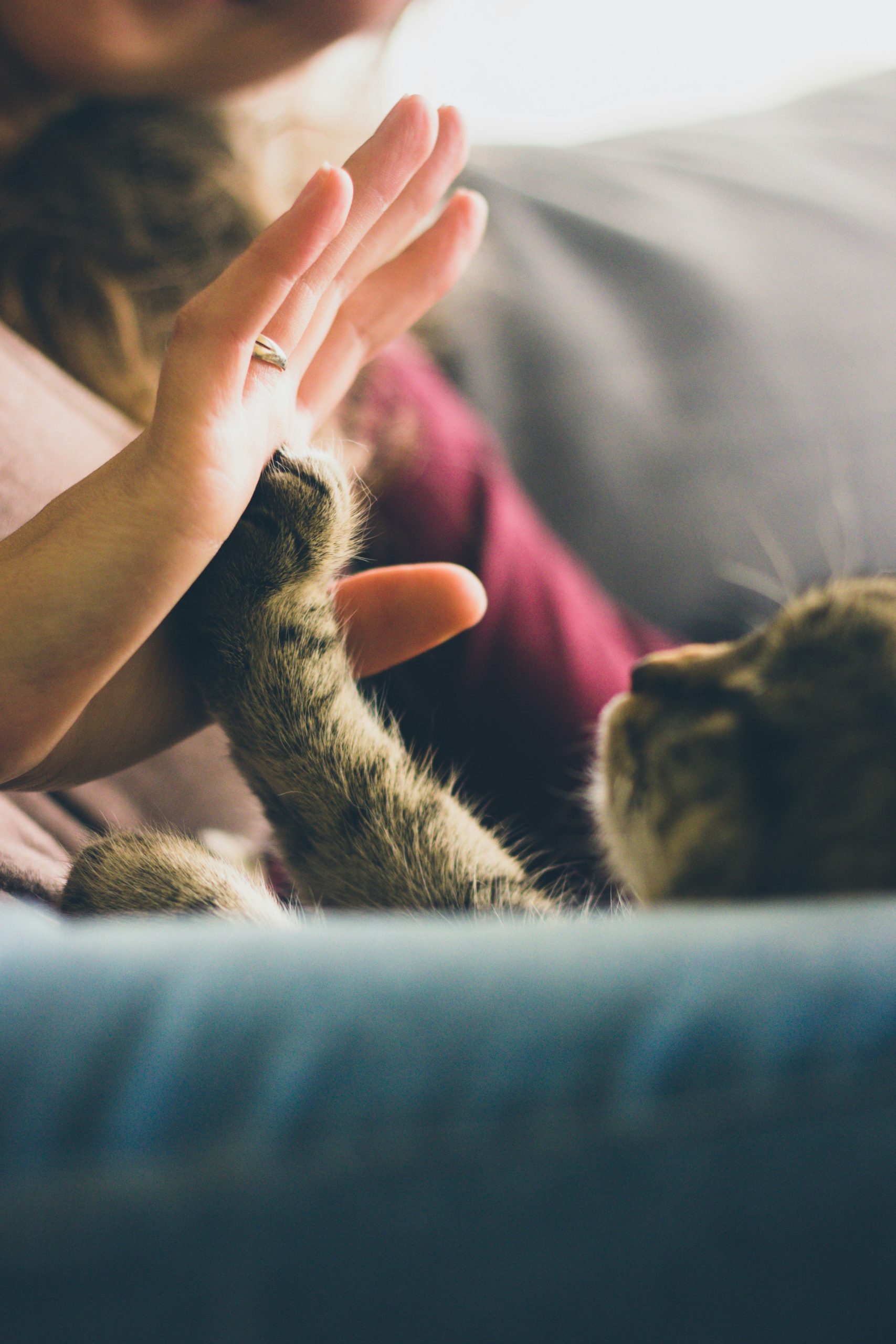Heart Murmur in Kittens: Understanding and Management

A heart murmur in kittens is an abnormal heart sound heard between the regular heartbeats when a veterinarian listens with a stethoscope. These murmurs are caused by turbulent blood flow within the heart or the large vessels exiting from the heart. Heart murmurs in kittens can range in severity and might be an indication of underlying heart disease, though not always.
Grading of Heart Murmurs
Murmurs are graded on a scale of I to VI
Grade I: Very soft, only heard in a quiet room and with difficulty.
Grade II: Soft but easily heard with a stethoscope.
Grade III: Moderate loudness, without a palpable thrill (vibration).
Grade IV: Loud murmur that can be heard on either side of the chest, with no palpable thrill.
Grade V: Very loud, with a palpable thrill.
Grade VI: Extremely loud with a palpable thrill, and can be heard without direct contact with the stethoscope.
Causes
Heart Murmurs can be caused by many factors, including:
Congenital heart defects: Present at birth, these defects affect the heart’s structure.
Dynamic heart function: In some cases, the murmur may be due to the heart’s dynamic function and not an indication of structural heart disease.
Anemia or fever: These conditions can increase blood flow velocity, causing a murmur.
Diagnosis
A detailed assessment is necessary to understand the causes and significance of a heart murmur in kittens. This may include:
A complete physical examination: A physical examination involves observing the general appearance of your pet, listening to their chest with a stethoscope (auscultation), and feeling specific areas of the body (palpation).
Echocardiography (ultrasound of the heart): Provides detailed images of the heart’s structure and function, helping identify any abnormalities.
Chest X-rays
Electrocardiogram (ECG): Measures the heart’s electrical activity.
Blood tests: To check for underlying conditions like anemia or infection.
Management
The management of a heart murmur in kittens depends on its underlying cause:
Congenital heart defects: May require medication, dietary management, or in some cases, surgical intervention.
Innocent or physiological murmurs: Often do not need any treatment and may resolve as the kitten grows.
Other medical conditions: Addressing the primary condition, such as anemia or fever, may resolve the murmur.
Follow-Up
Regular veterinary check-ups are crucial for monitoring the heart murmur and its underlying cause. Your veterinarian will advise on the best schedule for follow-up assessments and any necessary treatments.
If your kitten has been diagnosed with a heart murmur, it’s important to work closely with your veterinarian to ensure optimal care and management of their condition.

